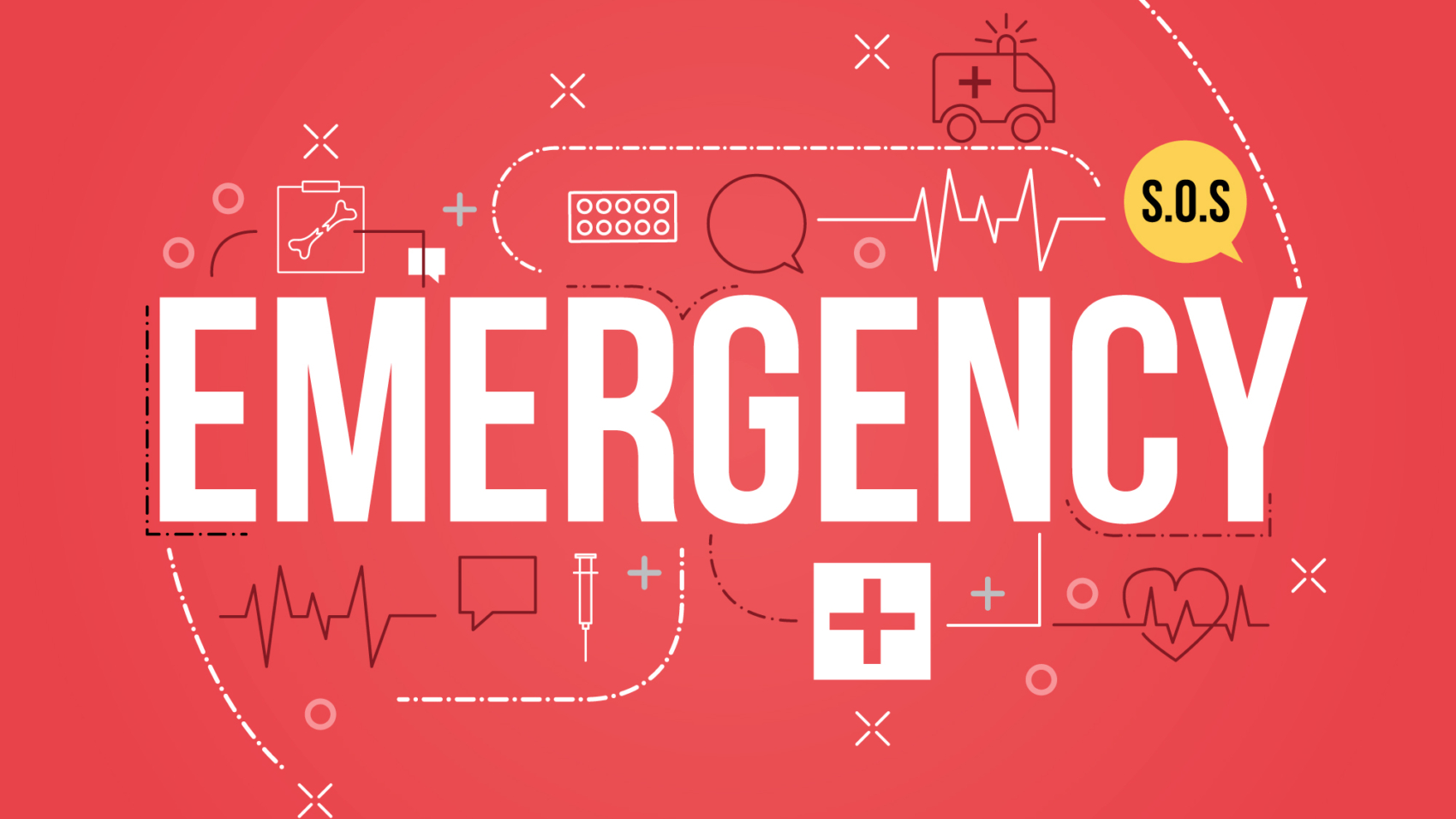Triage is a vital process in emergency healthcare where medical professionals prioritize patients based on the severity of their conditions. While most discussions focus on the clinical and logistical aspects, there is growing recognition of the psychological and emotional factors that influence triage decisions. This article explores how these factors, along with ethical dilemmas, affect the triage process and impact healthcare providers, patients, and their families.
Psychological Strain on Healthcare Professionals During Triage
Emergency medical professionals often work under extreme pressure, making life-or-death decisions in real–time. One major challenge they face is stress. In emergency situations, the high volume of patients and the unpredictability of their conditions can be overwhelming. Stress can cloud judgment, making healthcare workers more prone to errors in the triage process.
Another factor is fatigue. Long shifts, high patient numbers, and constant emotional strain can lead to burnout. Fatigued workers may struggle to make clear, effective decisions, compromising the triage process. Addressing mental health and reducing burnout are crucial to improving the triage system and overall patient care.
Emotional Influences
The emotional responses of healthcare providers also play a key role in triage. For instance, doctors or nurses might feel more empathetic toward patients who are younger or who remind them of their family members. These emotional biases can lead to prioritizing certain patients, even if their conditions aren’t the most urgent. Such unconscious biases can undermine fairness and the overall effectiveness of triage.
Another challenge is compassion fatigue. After dealing with traumatic situations day after day, healthcare professionals may experience emotional exhaustion. This can lead to a detached approach, where workers may fail to provide the same level of care or attention to each patient. To mitigate this, healthcare organizations should focus on supporting their staff’s emotional well-being.
Ethical Dilemmas
Triage often presents ethical dilemmas that can be difficult to navigate. When resources like medical staff or equipment are limited, healthcare workers must decide who gets care first. This is often a gut-wrenching decision: should medical professionals prioritize patients who are more likely to survive, or should they treat those in critical need regardless of their chances?
These decisions are further complicated by the need to balance fairness—the idea of treating the most people possible—with the reality of making life-and-death choices. In mass casualty situations, healthcare professionals may be forced to prioritize certain groups, such as children or those with higher survival odds, which raises significant ethical questions.
Healthcare workers also face difficult decisions when considering how to prioritize patients based on factors like age, severity of injury, or pre-existing conditions. These decisions can introduce societal biases, whether conscious or unconscious, that influence treatment priorities.
The Emotional Toll on Patients and Families
While much of the focus in triage is on healthcare workers, the emotional impact on patients and their families cannot be overlooked. Patients, often in a vulnerable state, may feel anxious or fearful about whether they will receive immediate treatment. The uncertainty of triage can create feelings of helplessness, especially when told that care will be delayed due to other, more urgent cases.
Family members, anxiously waiting for news, may experience emotional distress when informed that their loved ones will have to wait longer for care. This can be particularly upsetting if they feel the triage process is unfair or biased. Clear communication and emotional support for families are essential to ease this anxiety and maintain trust in the system.
Addressing Psychological and Ethical Challenges in Triage
Given the significant emotional and ethical factors involved in triage, it’s crucial to implement strategies to address these challenges. One approach is training healthcare professionals to recognize and manage emotional biases and stress. Educating workers about the emotional pressures they face can help them make more balanced, fair decisions.
In addition, providing mental health support is essential. Healthcare professionals dealing with trauma on a daily basis should have access to counseling services, peer support, and stress management programs to help prevent burnout and compassion fatigue. This will help ensure they remain focused, compassionate, and effective in their roles.
Establishing ethical frameworks for triage can also guide healthcare professionals in making difficult decisions during high-stakes situations. These frameworks can provide a consistent approach to prioritizing patients, reducing the emotional burden on healthcare workers and ensuring fairness in the decision-making process.
Conclusion: The Human Side of Triage
Triage is often viewed purely from a clinical perspective, focusing on patient care and resource allocation. However, the psychological and emotional aspects of triage are just as important. Healthcare professionals are not only dealing with physical injuries but are also navigating complex emotional and ethical challenges. Recognizing these human factors is essential to improving the triage process and ensuring it remains compassionate and effective.
By addressing the emotional stress experienced by healthcare workers and supporting their mental health, we can enhance the triage system and help ensure better patient outcomes. Additionally, by considering the emotional needs of patients and their families, we can foster trust in the healthcare system, even in the most challenging of circumstances.


